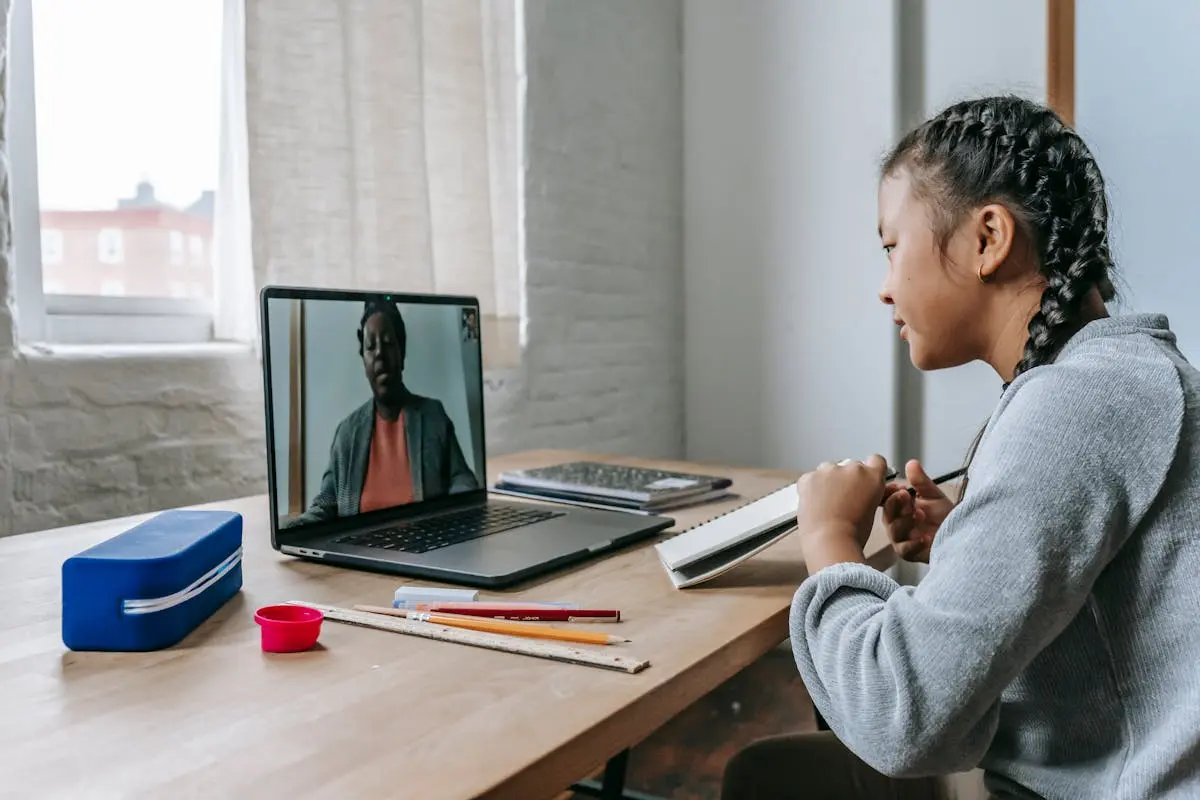Blended Learning: Integrating Online Education Strategies With Traditional Classroom Techniques
In a rapidly evolving educational landscape, the fusion of online education strategies with traditional classroom techniques has emerged as a powerful paradigm. This blend not only enhances the learning experience but also caters to diverse learning styles, offering a dynamic platform for educational growth.
The Evolution of Education in the Digital Age
The digital age has revolutionised the education landscape, offering a myriad of opportunities for learners and educators alike. With the rise of online education platforms and virtual classrooms, the traditional boundaries of learning have expanded beyond physical confines. This transformation has paved the way for a more inclusive and interactive educational experience, catering to the diverse needs of modern learners.
Moreover, the integration of cutting-edge technologies in education has not only made learning more engaging but has also fostered creativity and critical thinking skills among students. By leveraging digital tools and resources, educators can provide personalised learning experiences that empower students to explore and succeed in an ever-evolving digital landscape.
As digital advancements continue to reshape the educational ecosystem, it becomes imperative for institutions to adapt and embrace innovative online education strategies. By blending traditional teaching methodologies with digital learning approaches, educators can create dynamic learning environments that cater to the needs of 21st-century learners, preparing them for the challenges of tomorrow.
The shift towards digital learning is not merely a trend but a transformative shift in the way knowledge is acquired and shared. Embracing the evolution of education in the digital age opens doors to boundless possibilities, where online education strategies act as catalysts for fostering creativity, collaboration, and lifelong learning.
Online Education Strategies Transforming Learning
Online education strategies have ushered in a new era of learning, breaking down geographical barriers and democratising access to quality education. The flexibility and accessibility offered by online platforms empower learners to engage with educational content at their own pace and convenience, revolutionising traditional notions of learning.
By harnessing the power of online resources, students can explore a vast array of subjects and disciplines, gaining a deeper understanding of complex concepts through interactive multimedia content. Furthermore, the integration of online learning tools enables educators to track student progress in real-time, providing valuable insights for personalised instruction and support.
Collaborative online learning environments foster a sense of community among students, transcending physical boundaries and cultivating a culture of knowledge sharing and peer interaction. Through virtual discussions, group projects, and online forums, learners can engage in collaborative activities that enhance their understanding and retention of course material.
The adaptability of online education strategies allows educators to tailor learning experiences to meet the diverse needs of students, accommodating varying learning styles and preferences. By leveraging interactive multimedia resources, gamified learning activities, and virtual simulations, educators can create immersive learning experiences that captivate students’ interest and inspire a lifelong love for learning.
In an era where digital literacy and technological proficiency are essential skills, the integration of online education strategies empowers learners to navigate the digital landscape with confidence and competence. By equipping students with the necessary tools and resources to succeed in a digital world, educators play a pivotal role in shaping the future of education and preparing students for success in a rapidly evolving society.
Integrating Virtual Tools for Collaborative Learning
The integration of virtual tools for collaborative learning offers a transformative approach to education, fostering active engagement, creativity, and critical thinking among students. By leveraging virtual platforms and communication tools, educators can facilitate seamless collaboration and knowledge sharing among learners, transcending traditional classroom boundaries.
Virtual tools such as video conferencing, virtual whiteboards, and collaboration software enable students to work together on projects, participate in discussions, and engage in real-time interactions with peers and instructors. This interactive and immersive learning environment promotes a sense of community and teamwork, essential skills for success in the digital age.
The integration of virtual tools also allows educators to incorporate multimedia content, interactive simulations, and gamified learning experiences into their teaching practices, enhancing student engagement and participation. By creating dynamic and interactive lessons that leverage the power of virtual tools, educators can cultivate a culture of active learning and exploration among students.
Moreover, virtual tools enable educators to provide timely feedback, individualised support, and collaborative learning opportunities that cater to the diverse needs of learners. By creating virtual learning communities and interactive spaces, educators can nurture creativity, innovation, and critical thinking skills, preparing students for success in a constantly evolving digital landscape.
As technology continues to advance, the integration of virtual tools for collaborative learning will play a crucial role in reshaping the educational experience, offering new possibilities for engagement, interaction, and knowledge creation. By embracing virtual tools and digital platforms, educators can create immersive and interactive learning environments that inspire curiosity, creativity, and collaboration among students.
Enhancing Traditional Classroom Techniques through Technology
Technology has revolutionised traditional classroom techniques, offering educators innovative tools and resources to enhance teaching and learning experiences. By integrating technology into the classroom, educators can create dynamic and interactive lessons that cater to diverse learning styles and preferences, fostering a culture of 21st-century learning.
Digital tools such as interactive whiteboards, educational apps, and online resources enable educators to deliver engaging and multimedia-rich content that captivates students’ interest and enhances their understanding of course material. Additionally, the integration of technology supports differentiated instruction, allowing educators to tailor learning experiences to meet the unique needs of each student.
The incorporation of educational technology also promotes active learning and student-centred approaches, encouraging students to take ownership of their learning journey and engage in critical thinking and problem-solving activities. By leveraging technology-enhanced learning experiences, educators can empower students to explore, create, and collaborate in meaningful ways.
Technology also facilitates formative assessment practices, enabling educators to gather real-time feedback, track student progress, and identify areas for intervention and support. By utilising digital tools for assessment and feedback, educators can create a more dynamic and responsive learning environment that promotes continuous improvement and growth among students.
As technology continues to evolve, the integration of educational technology with traditional classroom techniques will become increasingly essential in preparing students for success in a digital world. By embracing technology as a tool for innovation and empowerment, educators can create engaging, inclusive, and dynamic learning experiences that equip students with the skills and knowledge needed to thrive in a digital society.
Embracing the Future of Education
As we navigate the future of education, the integration of online education strategies with traditional classroom methods will continue to shape the way we learn and teach. Embracing this blended approach opens doors to innovative pedagogical practices, ensuring that education remains adaptive and inclusive in an ever-changing world.
Office
E: [email protected]
Ph: 1300 208 943
Michael Peart
E: [email protected]
Ph: 0434 075 231
Bianca Schimizzi
E: [email protected]
Ph: 0416 013 623

